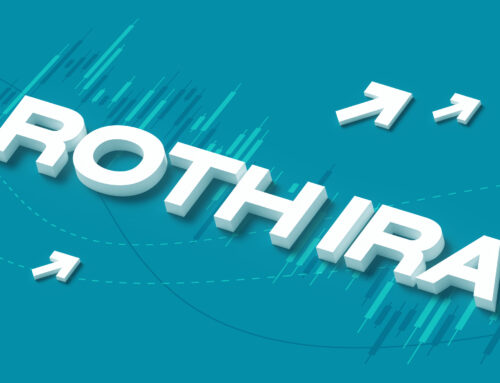
Embarking on the journey toward retirement often feels overwhelming, yet with a thoughtful approach, it can be navigated with ease and confidence. If you’re a pre-retiree, you may have an understanding of your savings patterns and how much you have. But that’s a totally different perspective from taking steps to transform what you have into what supports your lifestyle without a paycheck from work.
Initially, the process begins not with numbers but with dreams. Before delving into the financial specifics, it’s important to envision what your ideal retirement looks like. What aspirations do you hold for this significant phase of life? This vision acts as a guiding star in the planning process, directing the financial decisions necessary to transform your dreams into reality.
Transitioning from this broad vision to a more granular view, the next step involves a deep dive into your financial landscape. Assessing your savings, investments, and potential income streams is crucial. This phase goes beyond a superficial glance at retirement accounts, demanding an in-depth analysis of your financial resources. Understanding the specifics of what you have saved, how your investments are performing, and the strength of your income sources ensures you’re well-equipped to support your envisioned retirement lifestyle.
As the planning progresses, a critical decision point centers around Social Security benefits. Determining the optimal time to start claiming these benefits is deeply individualized and influenced by a variety of factors, including your financial needs, current savings level, health status, and overall retirement objectives. Whether opting to delay benefits to enhance monthly payouts or choosing to claim early, establishing a clear Social Security strategy is pivotal. An early estimation of your expected benefits aids in identifying the need for additional income sources to complement Social Security, ensuring a smoother transition into retirement.
Moreover, the planning journey necessitates a careful consideration of the tax implications associated with certain income sources, including retirement account withdrawals, Social Security, and more. Anticipated and unanticipated taxes can significantly erode retirement savings. However, through strategic planning, it’s possible to plan around these tax burdens. Familiarizing yourself with effective tax strategies becomes a potentially useful part of the retirement planning process, facilitating a more secure financial future.
In the culmination of the planning process, seeking the expertise of a financial professional may be one of the most prudent steps to help secure your retirement. A financial professional offers personalized guidance tailored to your unique situation, goals, and needs. Their expertise is invaluable, providing insights that extend far beyond basic retirement checklists and into the realm of sophisticated financial planning.









